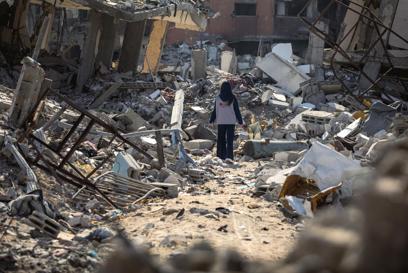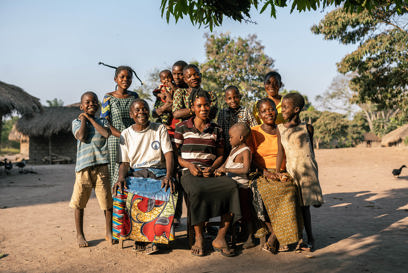A month after the massive explosion which devastated the city of Beirut, killing over 200 people, the Caritas network is on the ground responding with new tactics and solutions for long-term development.
The Caritas Internationalis network, a confederation of 169 global Caritas partners, is donating over $1,200,000 to Caritas Lebanon. The Australian community has already donated $117,000 through Caritas Australia.
Some of the worst effects of the explosion are the impact to the Lebanese economy.
- The cost of food and non-alcoholic beverages rose over 336% compared with last year and the price of housing, water, electricity, gas and other fuel rose by 11.57%.
- The Lebanese people are suffering from a sharp depreciation of the local currency, unprecedented unemployment rates and serious difficulties impacting their livelihoods.
The appeal response begun at the end of August and will continue for 18 months. It includes:
- Food,
- Hygiene products (like soap and water), and
- Emergency cash assistance to renovate houses for those who cannot afford essential shelter, as winter approaches.
In the long-term, the response also provides mental health consultations with blast survivors, assessment of shelter damage so that engineers can be involved in repair efforts and online education support for students who cannot make it into schools or whose schools were destroyed in the blast.
“We must not lose sight of the fact that the effects of economic sanctions and political violence have weakened this country and are weighing heavily on Lebanon, which is facing a food shortage,” said Dr Rita Rhayem, the Director of Caritas Lebanon.
“It is vital that the international community acts decisively to alleviate the suffering of poor Lebanese, immediately removing economic sanctions.”
Dr Rita will be one of three speakers at a virtual briefing for Australian Parliamentarians, which includes Caritas Australia. It will be held on September 7, shortly after the one-month anniversary of the blast.
Caritas Australia has committed to providing emergency support to Lebanon, in the form of crucial financial aid, as part of its established Middle East Regional Appeal. The Appeal remains open in anticipation of long-term need.

















